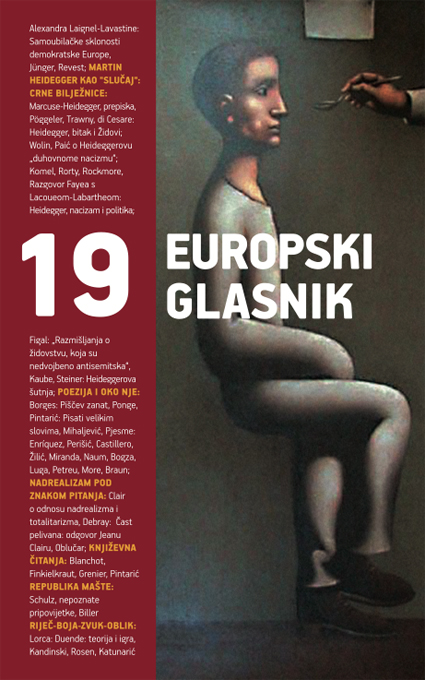
Razgovor Emmanuela Fayea s Philippeom Lacoueom-Labartheom, Pascalom Oryjem, Jeanom-Edouardom Andréom i Brunom Tackelsom
Emmanuel Faye's interview with Philippe Lacoue-Labarthe, Pascal Ory, Jean-Edouard André and Bruno Tackels
More...We kindly inform you that, as long as the subject affiliation of our 300.000+ articles is in progress, you might get unsufficient or no results on your third level or second level search. In this case, please broaden your search criteria.

Emmanuel Faye's interview with Philippe Lacoue-Labarthe, Pascal Ory, Jean-Edouard André and Bruno Tackels
More...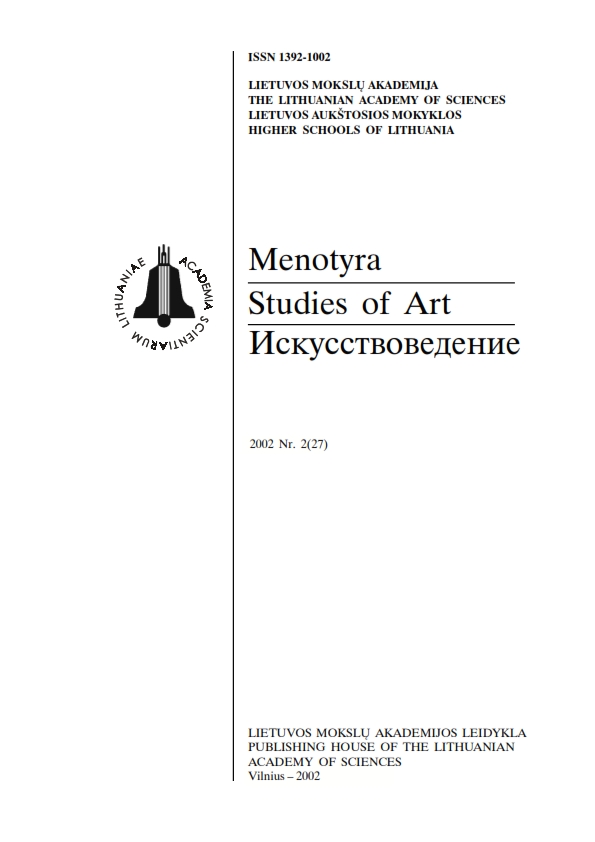
The article analyzes the post-Soviet context which is described in terms of heterotopia, ectopia and areality. These terms signify different sorts of places that refer to the imaginary or symbolic content. At the same time these places fix the change and displacement of signification: in postmodern consumer society social definitions (social class, antagonism) are displaced into the private sphere and vice versa', such "private" notions as desire belong to the social sphere. The common sense of time continuity (chronology) is displaced by chronical repetitions of the past, which produce the model of regressive history.
More...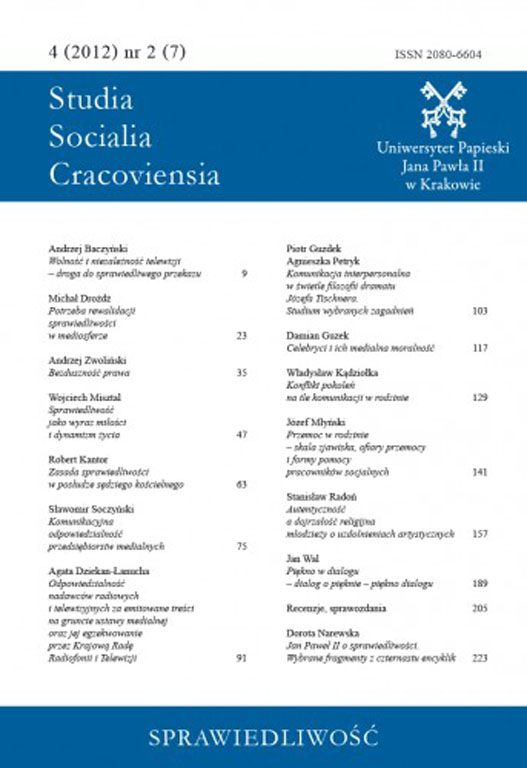
The theoretical and empirical approaches showing that authenticity are the crucial concept of existentialism, postmodernism and humanistic psychology (be free, autonomic, unique, self-defining, self-creating and integrated, transcend enculturation, invent our own patterns, rise above circumstances, gather the past, present and future into the wholeness of our resolute selves, create our own meanings and goals). This article discuses especially the role of authenticity on religious maturity (Allport’s intrinsic orientation, Batson’s quest and Sandage’s dwelling and seeking). In this paper projection method were used to examine the functioning authenticity among artistically gifted young people and its role on religious maturity. Ss (N=296 aged 15–20 yrs) had to : 1) I’m sadly …, 2) I treasure, I like …, 3) Rational analysis…. The results of qualitative analysis revealed that the authenticity have two aspects: 1) autonomy (the freedom and loneliness, spontaneity, sensuality and creativity, 2) empathy (kindness, sensibility, emotional self-reflection, the acceptance of the imperfection,love and friendship). The findings confirmed validity of the authenticity on religious maturity as well as usefulness of considerations based on new theoretical suggestions in psychology (developmental framework of new concepts of the authenticity and religious maturity). Implications are considered for future research on dialectical understandings of religious maturity (a Wuthnow, Sandage, Shults dialectical model of spiritual development based on dwelling and seeking offers an interesting theoretical base for research)
More...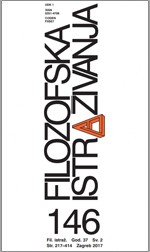
This paper discusses the question about the possibility of co-existence of human beings, animals and cyborgs. The first part of research inquires about wild, animalistic human nature Michel Houellebecq talks about in his work Elementary Particles with a specific focus on Baudrillard’s theory of world as flawed crime. The second part inquires about the idea of human being as transhuman being. I intend to lay out several hypotheses on contemporary tendencies in art and other practices involved in dealing with the future human as cyborg.
More...
It’s often said, that postmodern culture promotes nihilism, which leads to the crisis of identity. But the appeal of deconstruction may be interpreted otherwise. Postmodern culture promotes purifying from dogmas, prejudices, imposed convictions. And the idea of purifying itself doesn’t have any nihilistic content, but it seems so through the prism of modern consciousness. Moreover, postmodern worldview doesn’t contradict the reconstruction of identity, but on the principally another foundations. These alternative bases we discuss in the last part of the article.
More...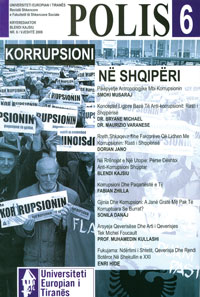
Në këtë studim do të orvatemi të shkoqisim disa aspekte të hulumtimeve të Foucault-së (Mishel Fuko) mbi lidhjet e shumta që sajohen midis pushtetit dhe dijes në periudhën e Mesjetës, Renesancës (Rilindja), periudhës klasike dhe modernitetit. Më konkretisht do të shqyrtojmë lindjen e konceptit dhe praktikës moderne të qeverisjes sipas Foucault-së. Në pjesën e parë të artikullit do të hedhim një vështrim të përgjithshëm tek kalimi gradual nga koncepti dhe praktika mesjetare e sundimit drejt konceptit dhe praktikës moderne të qeverisjes, çka shoqërohet edhe me lindjen e një koncepti të ri, atë të shtetit. Në pjesën e dytë do të përqendrohemi tek mënyra se si Foucault-ja e ka trajtuar konceptin e 'arsyes së shtetit' si reflektim dhe materializim i praktikës dhe entitetittë ri konceptual ‘shtet'. Në pjesën e tretë do të ndalemi tek metodologjia e hulumtimit të Foucault-së për të kuptuar më mirë mënyrën se si Foucault-ja analizon 'vënien në skenë' të arsyes së shtetit në raport me një sërë konceptesh të tjera çka ravijëzon dhe sendërton edhe më qartë entitetin shtet. Këtë moment të sendërtimit të shtetit si një realitet objektiv në një kontekst të caktuar historik, epistemologjik dhe politik, gjithmonë sipas Foucault-së, do ta shtjellojmë me më hollësi në dy pjesët e fundit të punimit.
More...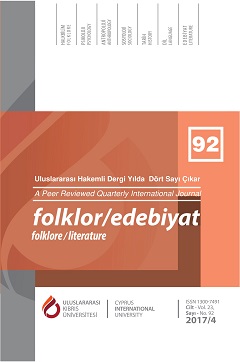
Structural functionality is based on the positivist philosophy tradition which is represented by scientists such as Comte, Pareto, Durkheim, Spencer, Malinowski and Radcliffe-Brown among others, in terms of its origins. According to this theoretical approach, social unity, balance and harmony are shaped by the functional relationships between the whole system and its components. The importance of structural functionality in culture and folklore studies comes from it lends itself to shedding an objective light on the social whole, understanding change and transformation of structures, and thus determines functions of each sub-part within the social system. According to Parsons’s sociologic analysis method, one of the most important characters of structural functionality, every action system has four basic functional imperatives. The system itself and its sub-components are obliged to perform these functional imperatives. These functional imperatives are adaptation, goal attainment, integration and latency and pattern maintenance. Any malfunction that occurs in one or more of these imperatives will stimulate change of the structure. In other words, if the functionality has decreased or disappeared in institutions, i.e. in sub-parts of the system, then one of four results will happen: 1. A total variation in the structure. 2. A partial variation in the structure. 3. Destruction of the structure. 4. The Substitution of another structure for the said structure. As well as this formulation being a basic hypothesis of our article, it is in fact also a reflection of the contribution which we wanted to make to structural-functional analysis relating to “change”. Examples, which we gave generally from ritual-based folklore frameworks upon the relationship between change and functional imperatives model, can be enriched with those in other areas.
More...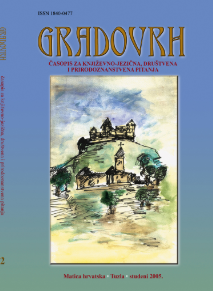
Novi historizam nastao je kao reakcija nagomilanoga nezadovoljstva unutar određenih struktura književnih teoretičara i nastavnika engleske književnosti. Oni su bili prije svega nezadovoljni tumačenjima književnosti koje su davale tadašnje vodeće formalističke i dekonstruktivističke škole. Formalistička škola se zalagala eksplicitno i decidno za samostalnost i samoreferencijalnost književnoga diskursa, te je težište proučavanja književnoga teksta bilo na formalnim kompozicionim principima i tehničkim stilskim sredstvima (stil, zvuk, stih, ritam, metrika). Po formalistima, glavna je zadaća književne znanosti bila analiza forme, a odbacivali su sve druge kriterije (biografske, psihološke, ideološke, sociološke).
More...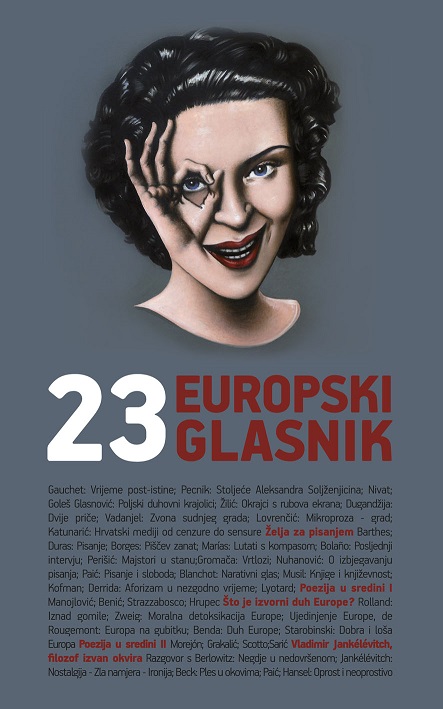
Atena je, kao u nekom snu, prerušila Odiseja u bijedna starca lutalicu kako bi ga učinila neprepoznatljivim prije nego što se vrati na svoje imanje na Itaci. Pas Argos, koji ga čeka već dvadeset godina, identificira svoga gospodara, po mirisu, pretpostavljam, a vjerna stara dadilja Eurikleja po ožiljku na nozi. Penelopa mu pak, vješta u izigravanju prosaca, povjeruje tek kad se ispostavi da on zna od čega je izrađen njihov bračni krevet. […]
More...
The paper focuses on the map which is a motif that organizes a large part or even the whole of “The Street of Crocodiles,” a short story by Bruno Schulz. It is an analysis of a series of transformations of a map into an etching, a photo, an architectural drawing, and an icon, as well as the changes of its focalization and coloring. Inspirations have been drawn from critical cartography, the Deleuzian idea of the fold, studies by Svetlana Alpers and Georges Didi-Hubermana, Freudian psychoanalysis and its continuation by Torok and Abraham, and the theories of melancholy.
More...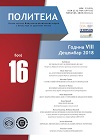
This article elaborates one possible development of Marx’s legacy 200 years after his birth. It responds to the influence of post-structuralism and its related ‘cultural turn’ on academic Marxist analyses by examining the material and discursive dimensions of changing social relations in capitalist social formations. In this context, it proposes a cultural political economy approach to bridge the theoretical divide between constructivism and structuralism. It suggests that, given his long-standing interests in language and semiosis as key aspects of the critique of economic, political, and social life, Marx can fruitfully be read as a proto-cultural political economist. It is further suggested that Marx’s contributions to the critique of political economy can be enhanced by articulating them with the work of two later critical theorists, namely, Antonio Gramsci and Michel Foucault. Accordingly, this article stages an encounter between Marx, Gramsci and Foucault to explore the interface between the semiotic and extra-semiotic aspects of social relations and then identifies four modes of selectivity as a heuristic tool for examining the production of hegemony and the remaking of social relations.
More...
This paper analyses the possibility of left populism to trigger class consciousness with what Laclau calls populist subjects. The author argues that populist subjects and class consciousness are not identical nor interchangeable concepts in respect to the classical Marx and Engels notion on the proletarian class. In the first part of the paper, the author sets a description of populism based on its three key features: reaction, the notion of the people, and the struggle. In the second part, the idea of class consciousness is analysed, showing that class consciousness is necessarily political. In the third part of the paper, the idea of left populism is explored by using the findings of the second part of the paper, showing structural inconsistencies in the idea of the populist subject.
More...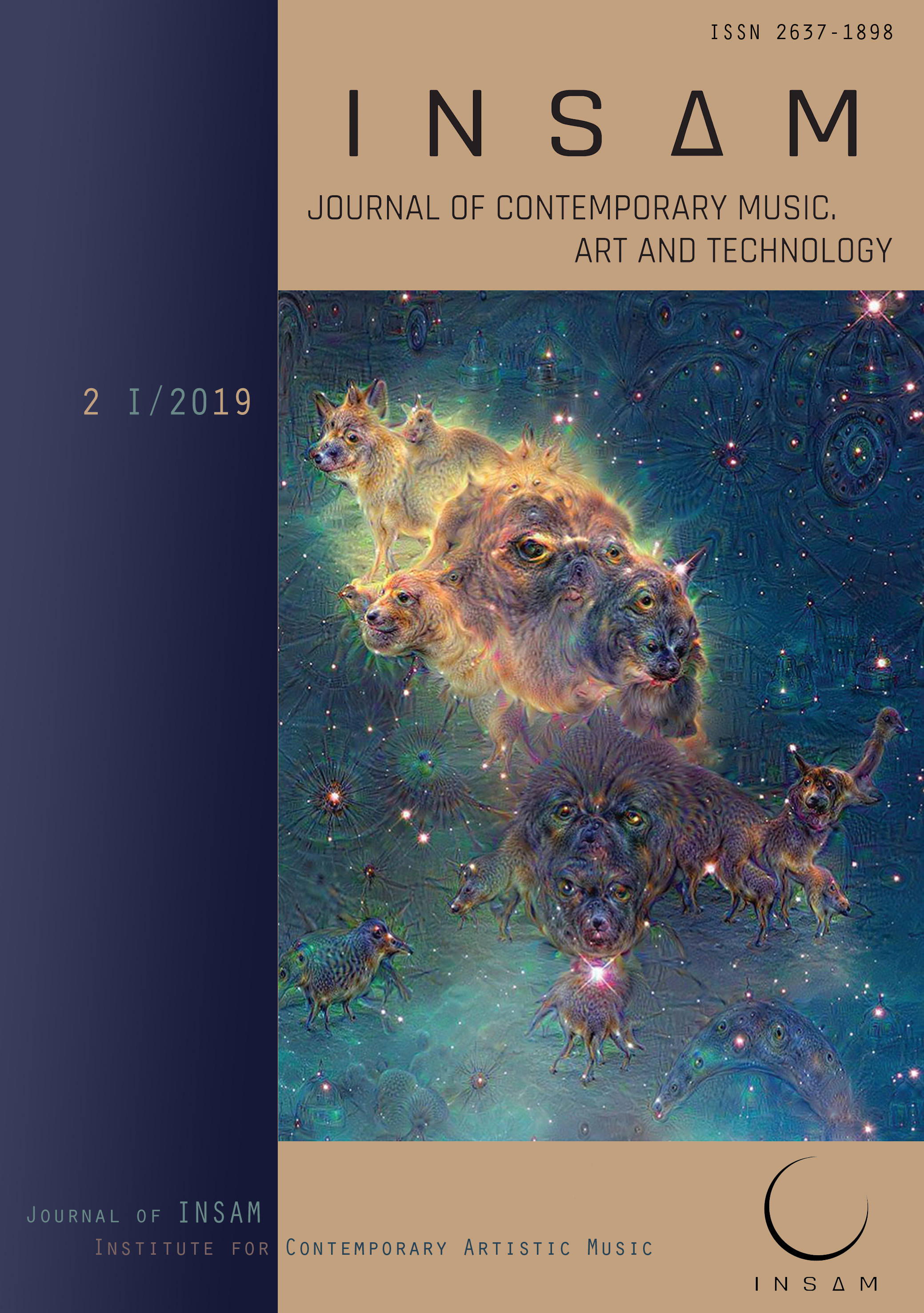
This paper focuses on certain aspects of the Hatsune Miku phenomenon, a highly popular Vocaloid character from Japan. Hatsune Miku began her “life” as a software for vocal synthesis released by Crypton Future Media Inc., and has, since her first “birthday”, become a virtual pop star. Despite being a fictional character, Miku takes on many of the traits a human has. She exists in a realm between human and artificial, mass media and personal space, between real and fantastic. This paper will discuss some basic information about Hatsune Miku and her large fan base, the issues of gender performativity and materiality of the body and voice, as well as the euphoric response of fans known as moe.
More...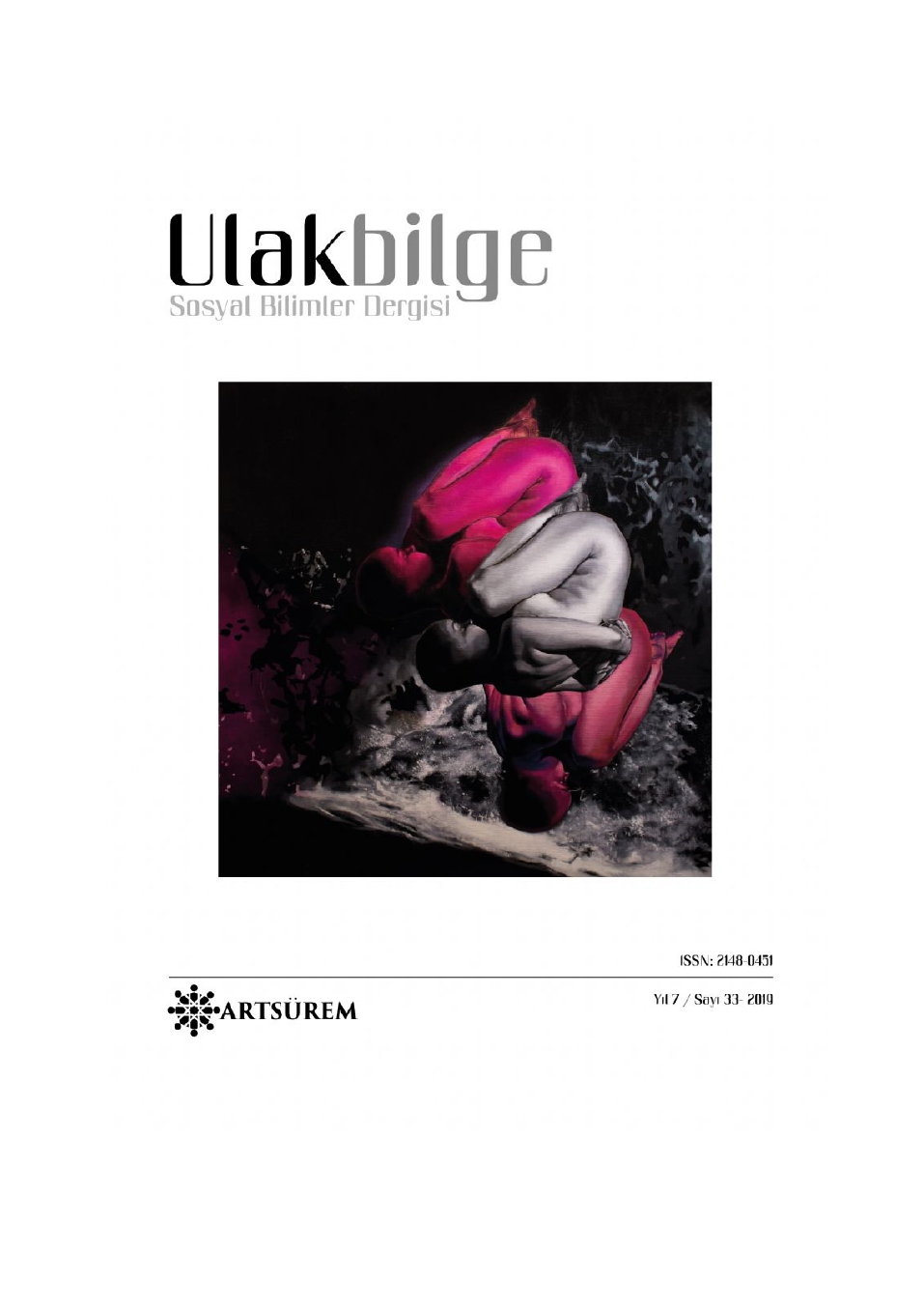
The work of art gives information about the social economic and cultural structure in the period it exists. It lists the social economic and political elements in the society and tries to examine the chronological works of art. Within social structure, the social and economic behaviors that exist in certain periods determine the rules of art and the formation of images, the style and composition characteristics. Besides the emotional nature of art, there is also an intellectual ideological aspect. Art transforms not only the emotions of people but also their thoughts into the images. In this study, evaluations about the relationship between art and politics are summarized. With the transition to the multiparty period in our country, the more effective understandability of the democratic understanding by the society and the political, economic and social realistic conception of art has been examined.
More...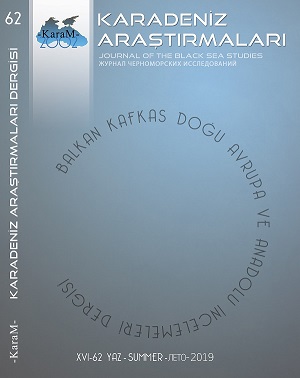
Siyasatnama is a literary type that is written on the corruptions and chaos in the order of the states and societies. In this regard, the writing of siyasatnama is observed to increase in the breaking point of the states and societies. Therefore, the siyasatnama should be evaluated not only in terms of the works consisting of advice and recommendations to the government leaders, but also the functional aspects and ability to find a solution for the major matters in the states and societies. The function of finding a solution depends on the siyasetnama. While certain siyasatnama function as reform books by determining the matters with the feature of directly providing solution, other siyasatnama also emphasizes the aspect to find a solution and to utter indirectly with the theoretical knowledge, and stories and anecdotes sophisticated advice. Since Lütfi Pasha worked as a grand vizier in 16th century, he chose to write siyasatnama in order to find solutions and to hinder the matters by observing closely the administrative and social matters. On the purpose of advising his following leaders and removing the troubles seen in the state government and society, he wrote his work called Asafname. In the research, supervision matter, one of the ways used by the power to achieve legitimacy, will be dealt referring to Asafname within the scope attached to the power conception systematized by Michel Foucault, and the functioning of supervision will be examined in terms of an approach problematizing the power phenomenon by using discourse analysis.
More...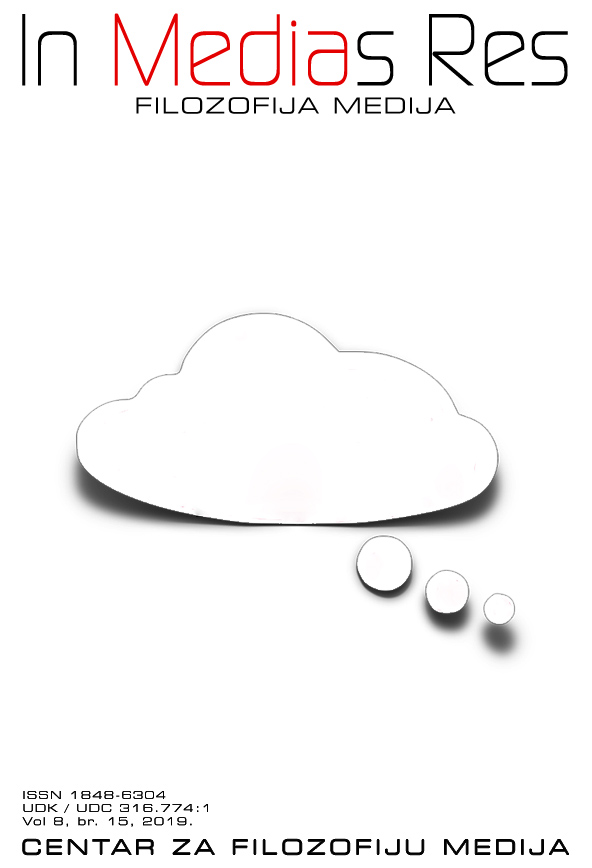
The presentation deals with the issue of media imperialism and racism in the novel Americanah (2013) by Chimamanda Ngozi Adichie, Nigerian novelist and writer. The paper starts from the position of electronic colonialism theory about danger of seductive media content. Violent media propaganda and transcription of western media content in Nigerian mass media affects the abandonment of African cultural patterns and forcibly changing behaviors of domicile population. Characters in the Adichie’s novel are great example of the mind colonization and westernization that is followed through the media. In the presentation we will show how media imperialism led to racial fetishism and losing pre-colonial values in african society.
More...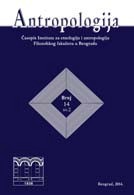
Not so long ago Timothy Campbell noticed an actual and very important question that has not been discussed yet: "What does the opening to bíos as a political category that humanity shares tells us about the other development that so decidedly marks the current biopolitical moment, namely, biotechnology?" and continued with a remark, "indeed, missing is precisely a reflection on the role biotechnology plays for contemporary biopolitics." The aim of this paper is to call attention to the growing importance of biotechnology for power over life and body and analyze it as a contemporary biopolitical strategy. Thus biotechnology will be comprehended as a political technology investing in the body, improving its qualities, prolonging youth, taking care of health and reproduction. In such sense it preserves or protects life by helping to improve health, enriching the quality of life and enabling active aging. It intensifies techniques of biopolitics and anatomo-politics (detected by Foucault) and implicates specially derived politics, engineering-politics and regenerative-politics, which demonstrate that there is power over life and body in contemporaneity that is far exceeding the extensions and the technological possibilities of power from the biological modernity. In the growing interest in the biopolitical issues related to the development of life sciences, the field of genetics has attracted quite an attention, up to this moment, while even younger discipline of regenerative medicine has not been comprehensively discussed yet. The paper is focused especially on regenerative medicine as the knowledge-power opening a new horizon for bio-power.
More...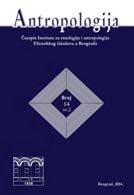
The understanding of the relation between the man, society and war is expressed in the sets of historically changeable relations, where the theories and doctrines of war tell us a lot not only about the art of warfare and the ways wars were waged throughout history - as it may seem at first, bearing in mind their focus on the matters of strategy, tactics, logistics, armed formations, manoeuvres, sieges, soldier drill, etc - but they also provide us with information on general understanding of man, the level of organization of society, and of the regimes of knowledge and the new "models of truth", characteristic of certain age. The choice to discuss the relation between Klausewitz’s and Faucault’s understanding of war in this paper is determined by the anthropocentric twist which occurs in the theory and practice of war in late 18 and early 19 century. It is in this period that modern theory of war is established, by introducing human factor and manpower as the backbone of warfare instead of earlier siege wars around fortifications. The main theoretical representative of the new approach is Klausewitz. He gives central importance and the key role to man in defining the outcome and the goals of war, and modern war is defined as a clash of manpower also in the political sense, as an expression of general will in the society. Historically, this is the period of establishment of modern states, of the sovereignty of the people, and the period when conscription was introduced. On the other hand, and in contrast to this approach, according to Foucault this is the period of establishment of modern anthropocentric episteme and of introduction of mechanisms of total bio-political surveillance in the management and control mechanisms of the state, the most exemplary manifestation of which is found in military institutions and techniques of military training and warfare. According to Foucault, the state takes over the monopoly of warfare and defines war in a total sense, as total war for existence, as the war of a nation for its survival, a necessity, as both regularity and irregularity of the state order, thus pushing it to the margin of its legitimacy as a lasting, hidden subtext, but also as a generator and driving force of the dynamics of society and as a cornerstone of modern, popular sovereignty. The idea of popular sovereignty represents the ideological framework for modern instrumentalization of citizens for warfare. These two approaches represent diametrically opposed starting points regarding the relation between sovereignty, authority and war and the understanding of the importance and role of man in the wars of modern states.
More...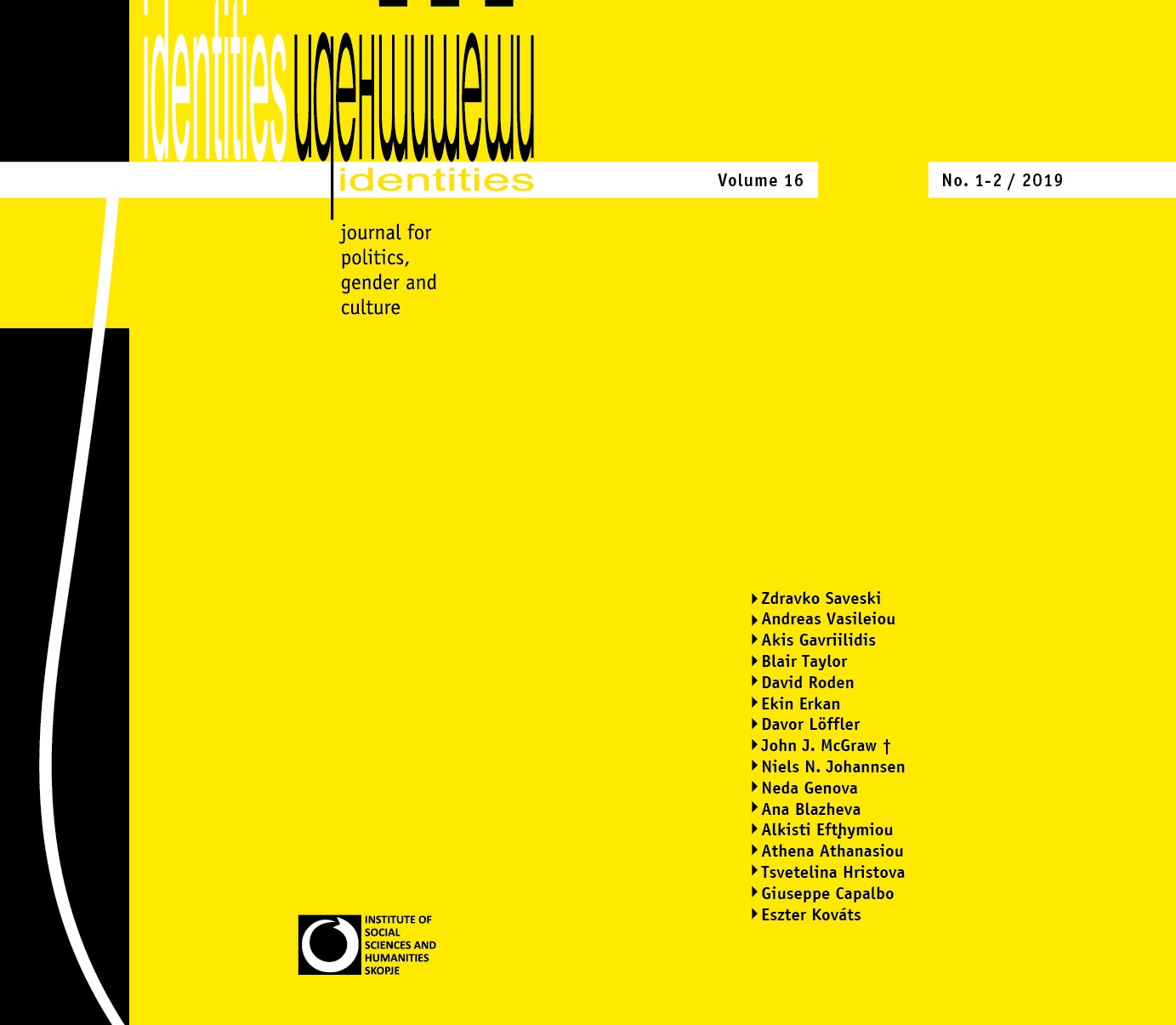
Weapons technology is a key factor contributing to cultural evolution because it enables humans actively to protect themselves from a variety of natural threats and expand their access to resources. In contrast to non-military technologies, the purpose of which is to subordinate and shape inanimate, non-intentional or trivial, regular states, weapons primarily serve to assert one’s own will against self-determined, intentional and non-trivially acting organisms. This functional idiosyncrasy establishes the basis for a continuous arms race, which begins with the need to anticipate phenotypical and mental abilities of animals and other humans through weapons technology before leading to the anticipation of attack and defence capacities of groups and, ultimately, the anticipation of accumulated intelligence and productive accomplishments of entire political states. The dynamics of development in weapons technology prove that weapons are simultaneously an index and a motor of cultural and cognitive evolution. Weapons reflect the organizational and technical capabilities of cultures, indicating special cognitive capacities bound up with the abstract anticipation of enemies as well as the ability to produce mental models of complex adversarial entities. At the same time, weapons relay intercultural and internal selection pressures by playing a decisive role in the processes of general technological and organizational innovation. This innovation also influences the formation of practices, norms, motives and self-images. As such, weapons technology concretizes an integral principle governing cultural evolution and civilizational history.
More...
In this article I examine the repeated material-semiotic mobilization of the trope of the Berlin Wall in post-communist Bulgaria. I show that despite the official dismantlement of the Wall commenced some thirty years ago, the structure’s afterlife continues to exert a unique influence on Bulgaria’s public life today. I explore the function of the Wall as a narrative and political device in moments when the relation to public space is negotiated or when notions of “past” and “present” are short-circuited. By taking up the notion of a “recording surface,” developed by Gilles Deleuze and Félix Guattari in Anti-Oedipus, I show how Bulgarian post-communism can be understood as the terrain of a continuous production of consensus. I argue that after 1989 the Berlin Wall has adopted a governing and consensus-building function that contributes to the “smoothening” of political and social differences on the recording surface of Bulgarian post-communism. Yet, what makes the examination of the fictitious successors of the original Berlin Wall an interesting terrain for examination is that their operation is predicated upon a material heterogeneity and dynamism. In the article, I explore the way this trope has been mobilized in four different cases from Bulgaria’s most recent history and demonstrate in what sense its “reactivation” can be seen as contributing to the stabilization of the recording surface of Bulgarian post-communism.
More...